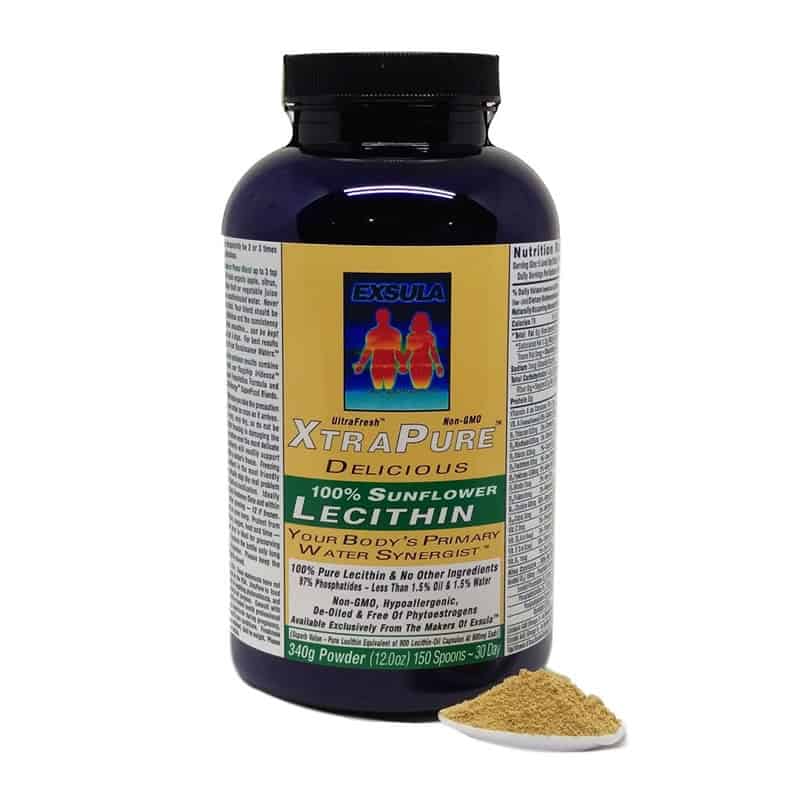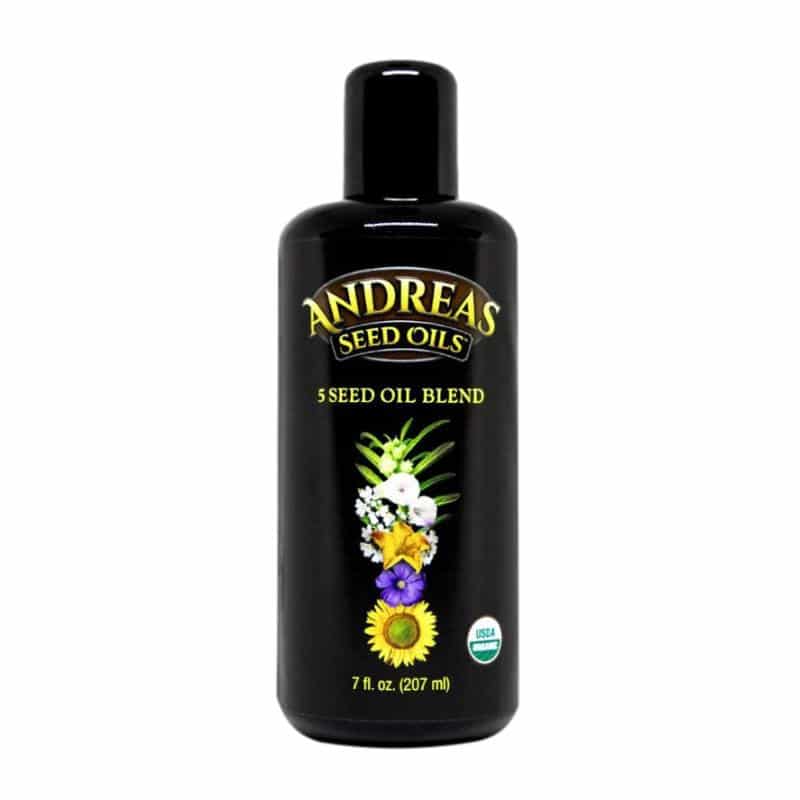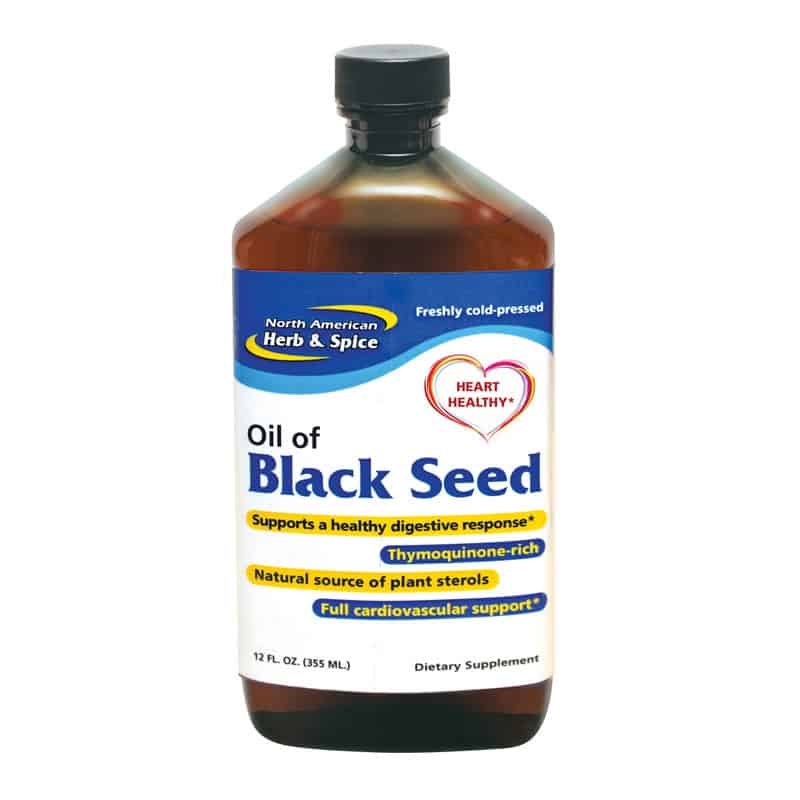No products in the cart.
Trans Fatty Acids in Foods?
Foods that Contain Hydrogenated Oils and Foods that Do Not
Hydrogenated and partially hydrogenated oils (trans fats) are used solely for the purpose of prolonging shelf-life. The entire food industry must begin to produce foods that nourish rather than nonfoods designed to enhanced profits at the expense of nutrition. These trans fats have severe negative effects on health. Read the label of all processed foods that you buy to avoid hydrogenated and partially hydrogenated oils (hydrogenated oils are also referred to as margarine and shortening on labels).
Fast food restaurants and chains use a lot of pre-prepared foods. These are usually loaded with hydrogenated and partially hydrogenated fats. Restaurants that prepare your food from scratch are much less likely to have foods containing hydrogenated and partially hydrogenated oils. Asian restaurants are generally good – they may not be low-fat, but they use oils, not partially-hydrogenated containing margarine or shortening. Most French or continental restaurants may use large amounts of butter, better than trans fats, but not very good if you’re trying to lose weight. Italian, Greek, Spanish and other Mediterranean restaurants tend to use health-promoting olive oil.
Foods Almost Always Made With Partially Hydrogenated Oils
- Cake mixes, biscuit, pancake and cornbread mixes, frostings
- Cakes, cookies, muffins, pies, donuts
- Crackers
- Peanut butter (except fresh-ground)
- Frozen entrees and meals
- Frozen bakery products, toaster pastries, waffles, pancakes
- Most prepared frozen meats and fish (such as fish sticks)
- French fries
- Whipped toppings
- Margarines, shortening
- Instant mashed potatoes
- Taco shells
- Cocoa mix
- Microwave popcorn
Many Brands of these Foods are Made with Partially Hydrogenated Oils (Check the list of ingredients!)
- Breakfast cereals
- Corn chips, potato chips
- Frozen pizza, frozen burritos, most frozen snack foods
- Low-fat ice creams
- Noodle soup cups
- Bread
- Pasta mixes
- Sauce mixes
Foods that usually do not contain Partially Hydrogenated Oils
(This is not a list of “good” or recommended foods – some are full of sugar, white flour, or saturated fats. It’s just a list of types of foods that usually are not made with Partially Hydrogenated Oils.)
- All fruits and vegetables
- Dairy products (milk, cheese, ice cream, yogurt)
- Meat, poultry, fish
- Sugar, flour
- Spices, condiments, pickles, salad dressings and mayonnaise
- Jams and jellies
- Beans, grains, nuts and seeds
- Plain popcorn (not microwave)
- Pretzels, rice crackers
- Candies and chocolate (except cocoa mixes)
- Cooking oils
- Most soups and instant soups (except noodle soup cups)
- Coffee, tea, soft drinks, juices
- Frozen fruits & vegetables
- Canned fruits & vegetables
Responsible governments should institute a mandatory lifestyle course into our children’s school curricula that would include the following:
- holistic courses on nutrition
- exercise awareness
- positive attitude
- understanding responsibility for our actions
- skills to overcome victim mentality
- the role of cooperation (interdependence) and its benefits to society
The topics covered in this ongoing lifestyle course would enable children to understand the roles that proactive lifestyle choices play in maintaining wellness. We believe that this would force food companies to manufacture food that is more nourishing, due to increased consumer demand through educational awareness in schools.







